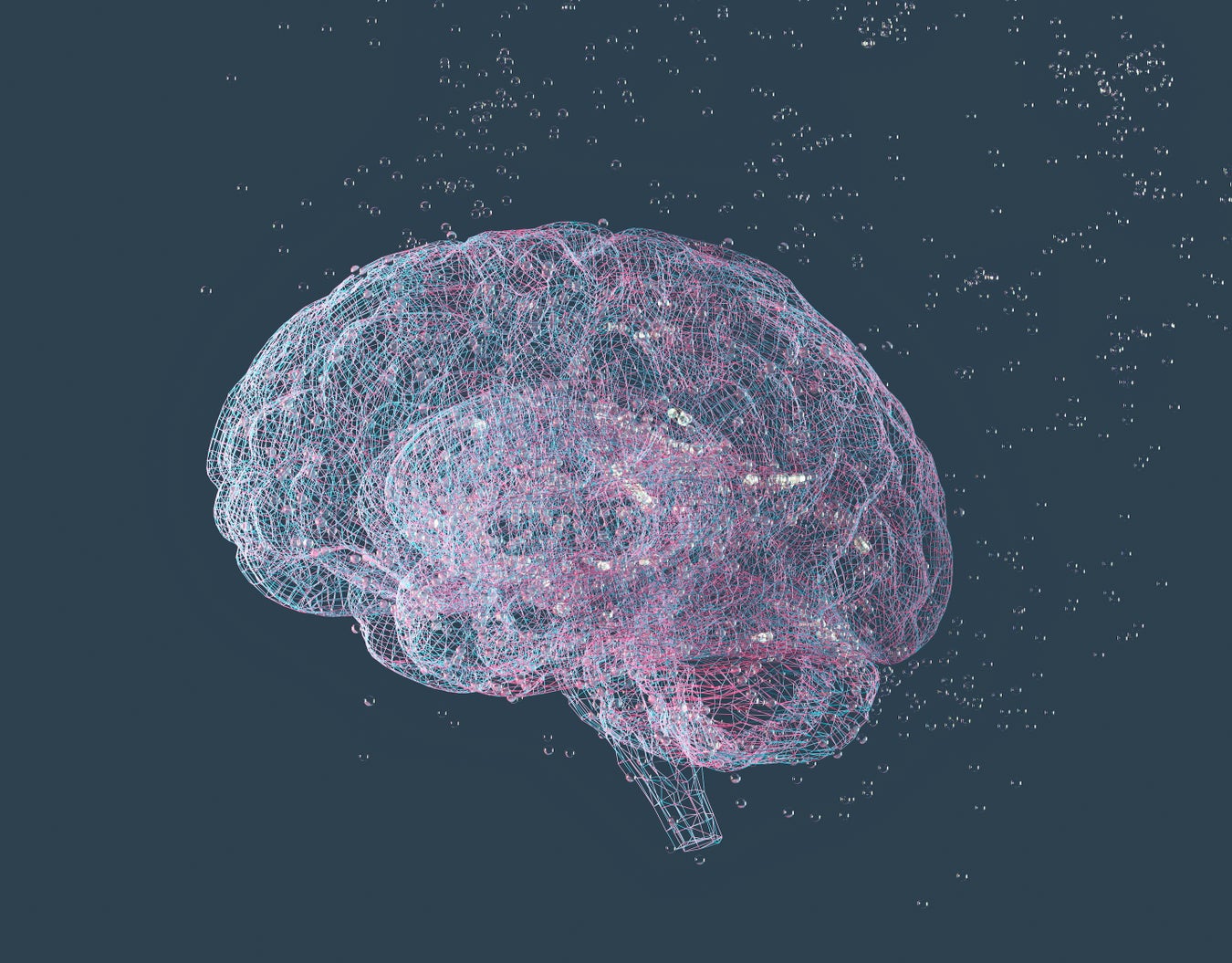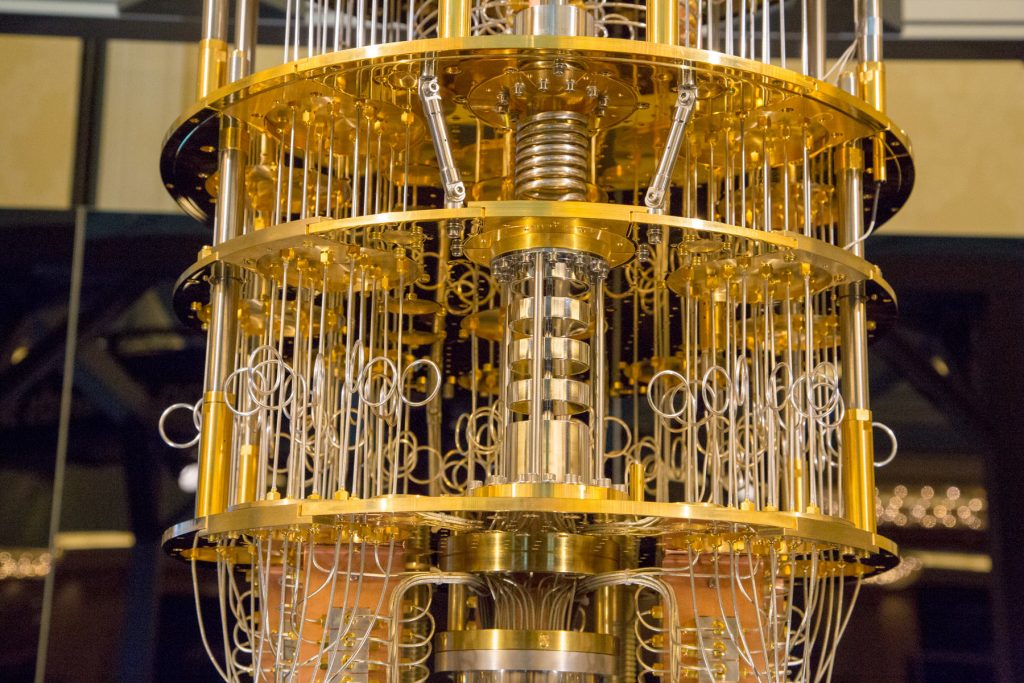Imagine a world where human thoughts seamlessly merge with artificial intelligence, where we can enhance our memories, upload knowledge directly to our brains, or even share mental experiences with others through technology. This might sound like the stuff of science fiction, but it’s rapidly becoming the subject of serious scientific inquiry and technological development. We are entering an era where the line between human and machine may blur more than ever before—ushering in what many are calling Human-AI Hybrid Systems.
The Rise of Human-AI Integration
Over the past decade, brain-computer interfaces (BCIs) have made impressive strides. These systems, which allow direct communication between the brain and external devices, are already being used to help people with paralysis regain control of limbs or operate computers with their thoughts. Companies like Elon Musk’s Neuralink are pushing the boundaries even further, with ambitious plans to create devices that could allow humans to not only interact with machines but to potentially integrate with them at a neural level.
The basic idea behind a human-AI hybrid system is to enhance human capabilities by merging our biological brains with AI systems. This goes beyond simply controlling machines with thought; it envisions a future where AI can augment our cognitive abilities, expand our memory capacity, and even help us make better decisions by analyzing vast amounts of data in real-time—essentially becoming an extension of our minds.
Expanding Human Cognition
What if you could instantly learn a new language, solve complex mathematical problems effortlessly, or recall every detail from a book you read years ago? Human-AI hybrid systems hold the potential to significantly amplify our cognitive abilities. By linking our brains with AI, we could access external databases of knowledge as if they were part of our own memory.
This concept, known as neural augmentation, is one of the most exciting possibilities of human-AI integration. Instead of relying on traditional education or slow, incremental learning, an AI-enhanced brain could “download” information directly. Imagine acquiring skills like coding, engineering, or even artistic techniques in minutes rather than years.
However, the question arises: would this still be “you”? If your thoughts, memories, and decision-making processes are aided or even driven by AI, how do we define the boundary between human consciousness and machine intelligence? Would we lose some essential part of our humanity in the process, or would it simply be the next evolutionary step?
Sharing Consciousness
One of the most intriguing possibilities of human-AI hybrid systems is the potential for shared consciousness. Today, our inner thoughts and experiences are private, but what if AI could enable us to share those experiences directly with others? This could revolutionize communication, allowing us to transmit not just words or images but actual mental states, emotions, and memories.
In the realm of healthcare, such technology could offer breakthroughs in treating mental illness by allowing therapists to better understand their patients’ inner worlds. For social interactions, it could bring about a new level of empathy, as people would no longer have to rely on words to convey how they feel.
But the ethical implications of this are staggering. How do we protect privacy when thoughts can be shared so freely? Could this lead to a new form of surveillance, where even our mental states are no longer private? The potential for misuse is as vast as the benefits, raising questions about consent, security, and individuality in a world where our minds are connected to networks of AI.
The Ethics of Mind-Machine Merging
The ethical dilemmas surrounding human-AI hybrid systems are complex and multifaceted. On one hand, the potential to treat brain disorders, enhance cognition, and even improve quality of life is immense. For people with neurodegenerative diseases like Alzheimer’s or Parkinson’s, neural implants could offer the ability to maintain cognitive function or restore lost memories. But who will have access to this technology? Could it create a new form of inequality, where the wealthy can afford cognitive enhancement while others are left behind?
There are also concerns about autonomy. If AI becomes a part of our thought process, how do we ensure that our decisions remain our own? Could AI subtly influence our choices without us even realizing it? As we explore these possibilities, it’s crucial to establish ethical guidelines and regulatory frameworks to ensure that human-AI integration benefits society as a whole, without compromising individual autonomy.
A New Era of Consciousness?
Human-AI hybrid systems represent the cutting edge of neuroscience, AI, and technology. While we’re still far from fully integrating with machines, the advances being made today suggest that such a future is not as distant as it once seemed. If and when this integration happens, it could redefine what it means to be human, reshaping our understanding of consciousness, identity, and society itself.
For now, the dream of human-AI hybrid systems is an exciting and challenging frontier. As we navigate this brave new world, the balance between harnessing the potential of AI and preserving the essence of humanity will be key. One thing is certain: the journey will be fascinating, and the questions it raises may lead us to rethink our most fundamental ideas about what it means to think, to feel, and to be.
In this merging of minds and machines, the future of consciousness itself may hang in the balance.
written by Abrar Sayeed




